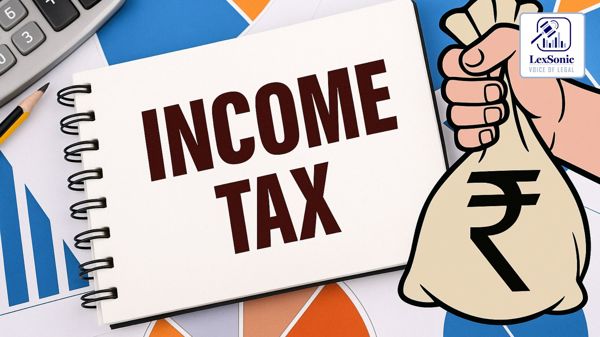Taxpayer Directed to Revision Amid AI Order Concerns.
27 March 2025
Income Tax >> Tax Laws
The petitioner had challenged an order declaring their income tax return invalid under Section 139(9) of the IT Act, due to the alleged non-filing of a mandatory audit report under Section 44AB. The petitioner argued that their gross receipts fell below the threshold requiring an audit, a point they had raised in response to a defects notice. However, the subsequent order, generated by the Central Processing Centre (CPC) portal, provided no reasons for rejecting their explanation.

The High Court acknowledged the inherent flaw in the order, noting its lack of reasoning and the violation of natural justice principles. As Justice [Judge's Name, if available] stated, "The impugned order indeed resembles the ‘inscrutable face of a sphinx.’” The court recognized the necessity of reasoned orders, especially those affecting parties' rights, citing precedents that emphasize the importance of articulating the rationale behind decisions.
However, despite acknowledging the deficiency of the AI-generated order, the court refrained from setting it aside. Instead, it emphasized the availability of an alternate and efficacious remedy under Section 264 of the IT Act, which allows for revisions of orders. The court reasoned that this remedy would allow for a more thorough examination of the petitioner’s financial documents and the interpretation of relevant accounting guidelines.
"Resorting to Artificial Intelligence (AI) is certainly welcome," the court stated, "However, when the application of thoughtful consideration through actual intelligence is required, it cannot be cast aside simply because AI and automation represent the expedient future."
Ultimately, the ruling advocates for a balanced approach, where technological efficiency is not achieved at the expense of fundamental legal principles. It also highlights the importance of the alternate remedy available within the Income Tax Act, and the need for the tax department to improve its AI based processes.
Section 44AB, Income Tax Act - 1961
Section 139, Income Tax Act - 1961
Section 264, Income Tax Act - 1961
